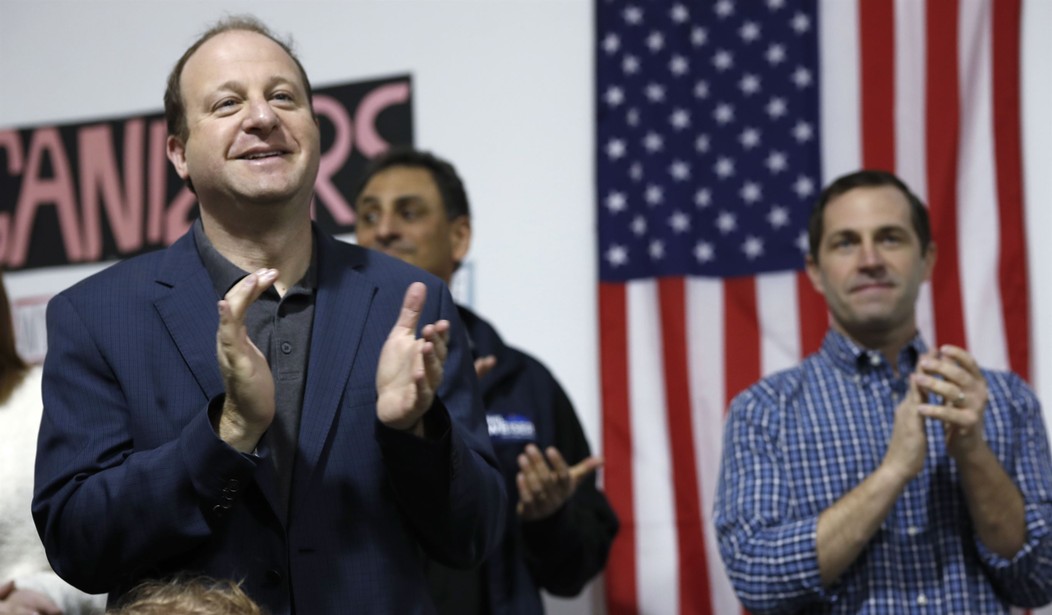
Colorado Governor Jared Polis on Wednesday signed Senate Bill 24-084 into law, which could essentially create the state’s own Ministry of Truth. The bill is ostensibly aimed at preventing the spread of misinformation and disinformation by establishing a partnership between the state attorney general and Education Department, and would somehow diminish “the proliferation of factually inaccurate data” and “encourage respectful discourse.”
Apparently, the failure of the Biden administration to establish a similar agency at the federal level has not discouraged those who want to use government power to dictate what constitutes fake news and the truth.
But don’t worry. Those supporting the measure have already assured us that this measure isn’t about suppressing certain viewpoints. While the bill was being debated, state Sen. Lisa Cutter, a Democrat, insisted that “No one is trying to curtail free speech—on the contrary. And I want to remind people this is a study, not legislation allowing the AG to determine anything.”
The law requires the Colorado attorney general to establish an initiative that promotes respectful engagement and discourse to foster productive conversations about statewide and national matters. He would be required to study “how the internet and other media channels, including social media platforms, are used to share and spread misinformation and disinformation.”
The measure will mandate the sharing of resources that can be used by schools, organizations, and community leaders to facilitate honest and accurate conversations. This would supposedly help people find common ground while understanding different perspectives.
The state attorney general will also be tasked with working with various stakeholders to develop and update these educational materials. This official will work with the Education Department to make these resources available to school districts throughout the state.
Sounds fun, right? Why wouldn’t people want the government creating its own rubric for identifying misinformation and disinformation, while also teaching us how to have productive political discourse?
There are at least some who took issue with the measure on social media.
Of course, there are a myriad of problems with this legislation. Despite Cutter’s emphatic assurances, this type of legislation can turn into an attack on free speech. When the state has the power to determine what constitutes misinformation and disinformation, it could subtly pave the way for silencing individuals.
Moreover, we already know that those who complain loudest about fake news tend to define these terms as “anything that contradicts progressive ideology.” There can be no doubt that political bias will play an essential role in this initiative.
This law could essentially grant the state the power to determine truth, which could lead to a dangerous place. It could lead to other legislation allowing the government to take a stronger hand at regulating what is said on online platforms. We have already seen the authoritarian left use the state to interfere with people’s speech on social media. In this current political environment, there is no reason to believe this legislation is intended precisely for that purpose.
